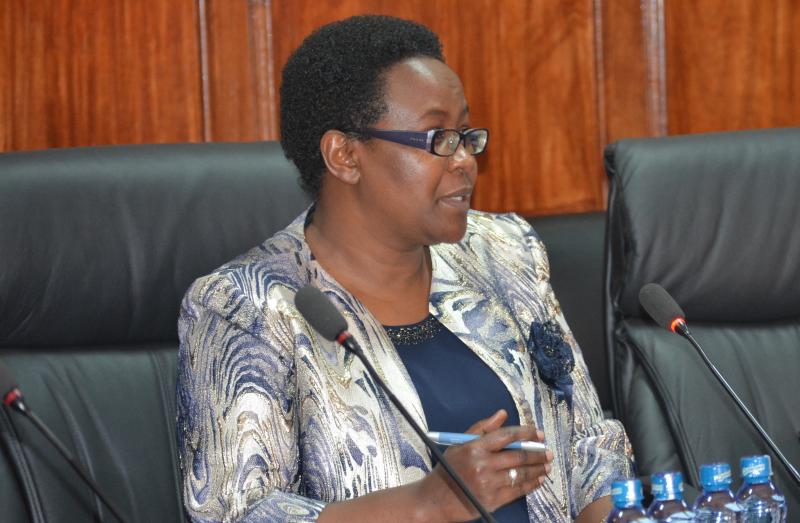×
The Standard e-Paper
Fearless, Trusted News

What started with the sacking of a senior staffer at the Independent Police Oversight Authority (Ipoa) has blossomed into an all-out war that is threatening to tear apart the Authority.
The chair of the board, Ms Anne Waceke Makori, appears to be a lone-ranger on the board; defied, accused and scorned by fellow board members.